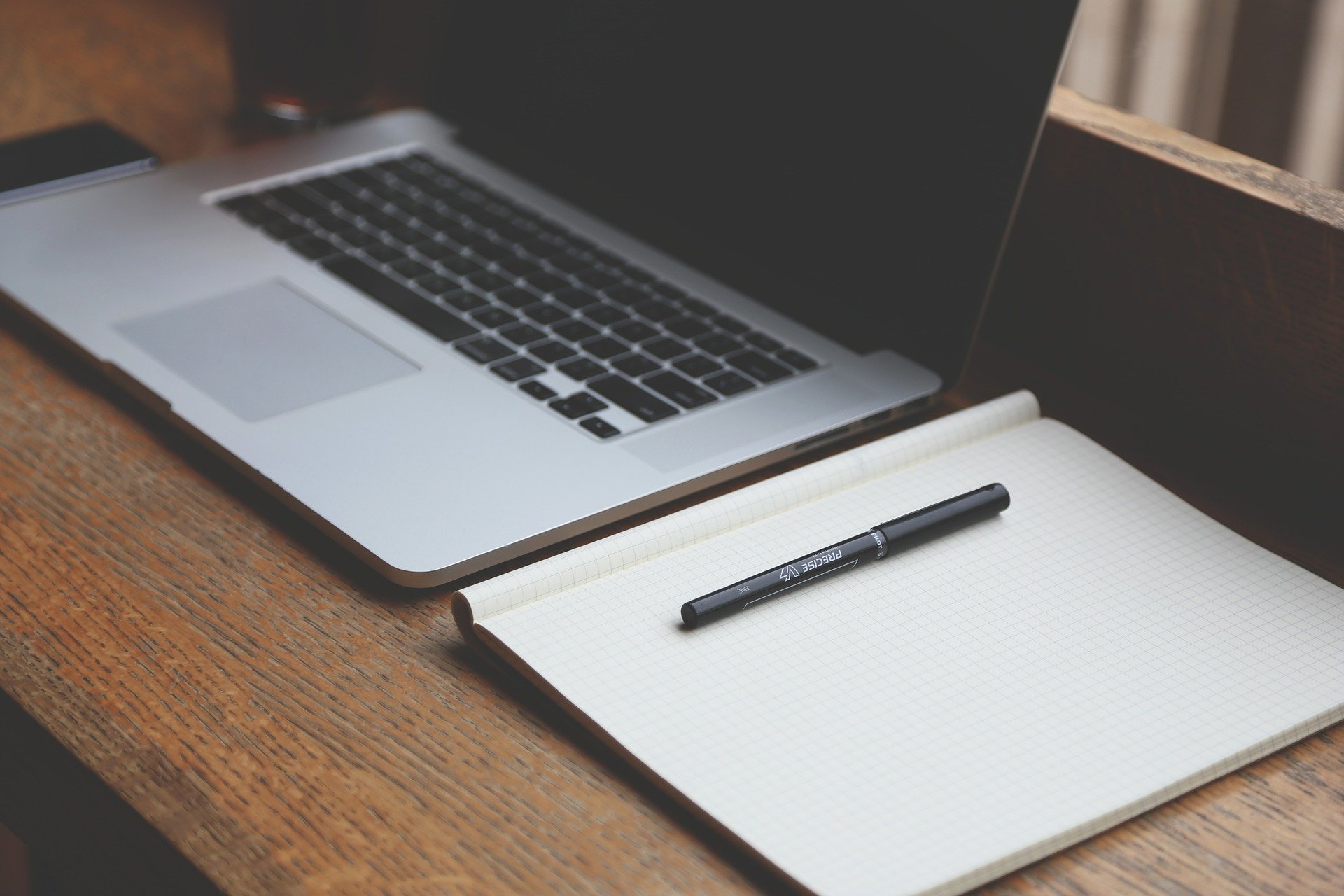Incredibly, we’re 4 months into the pandemic lock-down already.
The initial adjustments to working from home and the struggles in sourcing scarce home supplies now seem part of a distant past.
After the reports of panic-buying have subsided, and we have become well acquainted with our new lifestyles, new problems have emerged:
Boredom – I’m experiencing a lack of enriching activities which used to be part of my day to day life. These gave a spark to life and allowed me to create new memories.
Anxiety – A persistent sense of uncertainty and health warnings is causing me a significant degree of anxiety about the future.
Sadness – With the rolling cancellations of holidays, weddings and other plans, it is depressing to hit ‘delete’ on so many carefully constructed experiences were supposed to be happy milestones in 2020.
One hobby that I’ve been busy with in recent weeks is financial planning.

By this, I mean organising my personal finances and creating financial goals for the future.
I’m finding that approaching this exercise with diligence, and taking the first steps towards lofty aims is helping me reclaim a sense of control over my immediate future.
On my spreadsheets, everything is possible
I’m using cloud-based doc editing tool Google Sheets to record my thoughts and financial plan. This way, I’m able to tweak and play around with it whether I’m on my mobile or actually sat my home PC.
A spreadsheet is excellent for creating lists, budgets, keep track of investments and visualising a step-plan for a particular goal. I’m sure that many of you would also enjoy creating a plan on a lovely physical medium such as a leather-bound notebook.
Like anything self-driven and constructive, you’ll find that your mind will allow for plenty of creativity even when designing something as quantitative as a financial plan.
Make it attractive, make it fun to complete! There’s absolutely no reason why managing your money should be dull and despairing.
What am I actually doing?
I usually spend 30 minutes to one hour on a single financial planning session. Here are the different ways I’ve thought about my finances so far:
- Budgeting for a month
I’ve summarised my income and outgoing for a normal month. This includes the effect of Covid-19 on my own income (which manifested itself as a temporary salary cut).
I’ve then built up a budget of expenses by listing my monthly outgoings (rent, bills, groceries) and setting aside amounts for discretionary purchases such as gifts, technology and music.
- Charting my wealth
With a clear idea of how much income I should expect to have left over at the end of a month, I can build to plot a course for my wealth over the next 30 years.
Why so long? Well, I find it very inspirational to project my wealth after a long period of saving. This provides a glimpse at a dreamy yet achievable wealthy future.
This also helps me understand the long term implication of short term changes to my budget. I find that, for example, if I saved £30 per month in groceries, I would be over £15,000 richer in the distance!
- Setting targets
With the trajectory and the end points in mind, I can finally begin to draw some parrelels back to real life.
How would achieving certain wealth milestones in 2, 5 or 10 years allow me to achieve something desirable in life.
In my case, as a non-homeowner, the answer is simple. If I can save enough over the next three years, I will be able to put down a deposit on my own first home.
Charting a course through the chaos
By dedicating some time each month to look at my money, read the best investing books, and make forward projections, I’ve found a sense of calm.
Rather than focusing on the short-term changes in my financial position, I’ve been able to change my focus onto the longer-term math. And that math is still showing positive results, so long as I’m able to stick to my budget and save some money each month.
The fact remains that, in spite of the covid-19 crisis, I am still working towards a bright financial future, albeit at a slower pace. Nevertheless, I can now see that positive movement more clearly, and this reduces my sense of anxiety about the present.


